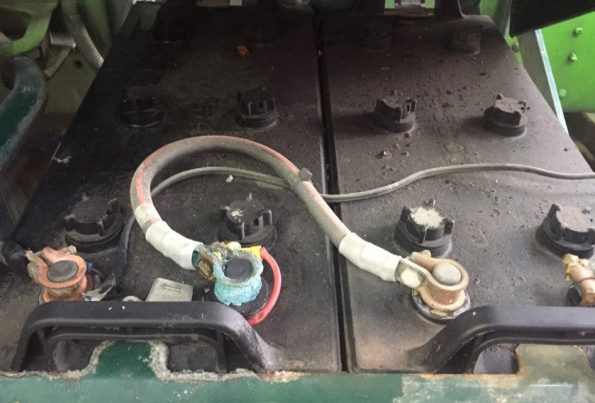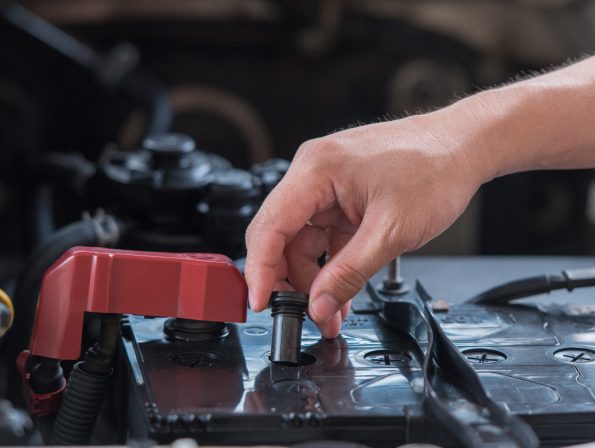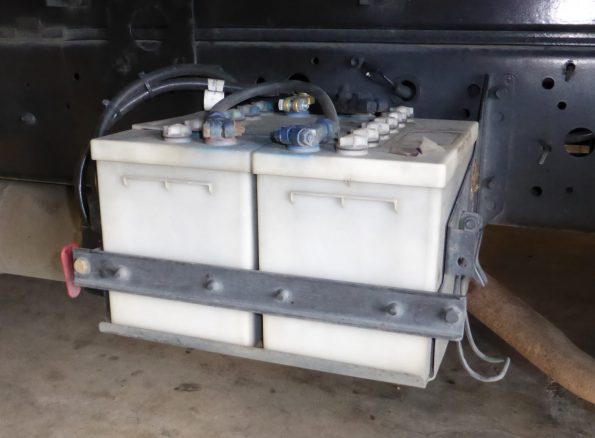Vehicle batteries have a finite life – usually three to four years, but it depends on their application and operating conditions. If a battery fails at a critical time it can lead to inconvenience and costs as it could leave you stranded. As a battery wears out, it gradually loses its capacity to perform due to:
- Constant charging and discharging
- Variations in heat and climate
- Vibration
Poor maintenance can also contribute to accelerated failure. The first sign of a battery that’s on its way out is it labouring to crank the engine. At this point it’s best to get the battery load tested and the alternator output checked. This should take no longer than 30 minutes. If you’re having to jumpstart the vehicle, then it’s probably time to replace it. If you get a clicking sound from the starter motor this indicates your battery no longer has enough power to crank the engine.
If your battery is bulging, it needs to be replaced.


If the battery warning light stays illuminated it’s time to check your alternator as this means the battery is not getting any charge. Your car will run until the battery goes dead, but letting the battery discharge fully will shorten its life.
Cold weather and battery performance
Late autumn is the best time to get your batteries checked as winter will put more stress on it.
At temperatures in the mid-twenties (Celsius) the battery will perform at around 100% strength. Once the temperature hits freezing, though, battery performance can take a hit of around 35% and if you take it down further, it can lose as much as 65%.
Battery maintenance
Cars
Most modern car batteries need very little maintenance
- Checking the terminals for corrosion
- Check that the clamps are tight that hold the battery
- Check that the cables are firmly connected to the terminals
- Check the electrolyte levels (if required)


Trucks
The battery should be visually inspected during the pre-trip inspection. Check the same things as for a car battery. Truck batteries should have covers or clamps as they are mounted outside. None of the bolts or pins should be loose, missing or broken.

Leaving the vehicle for long periods
When your car or truck is not in use for long periods, it’s good practice to maintain charge in the battery by disconnecting the earth cable and charging the batteries with a smart charger. A battery that’s left in a discharged state for a long period might not recover.
Replacing the battery
If you have more than one battery these are typically both replaced as a set, even if just one is failing.
You should only use the battery type and power that is recommended by the manufacturer. Using a smaller, less powerful battery can lead to premature failure.
As batteries give off hydrogen gas while being charged, keep them away from any ignition source.
